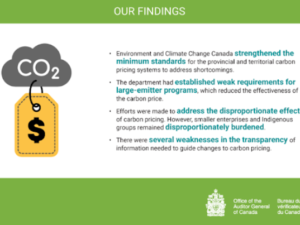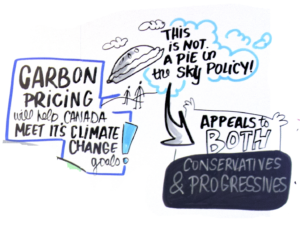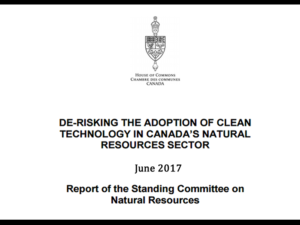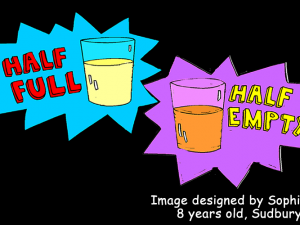CCL Canada acknowledges that enshrining the United Nations Declaration of the Rights of Indigenous People (U.N.D.R.I.P. ) under national law is part of our Reconciliation process and will also protect the air, water, land, and climate we all depend on. We are grateful for the exceptional work by land defenders protecting lands from exploitation by fossil fuel companies. Indigenous Peoples play an important role in environmental management. Although, Indigenous rights are enshrined in Section 35 of the Constitution Act of 1982, they only protect their rights in generalized and abstract ways. Indigenous Peoples can only exercise their constitutionally protected rights in the court system. Litigation is very costly, and challenging to assemble evidence. U.N.D.R.I.P. provides a higher level of protection. Of note but not limiting is Article 25 of U.N.D.R.I.P.. Under Article 25 of the United Nations Rights of Indigenous People, “Indigenous peoples have the right to the conservation and protection of the environment and the productive capacity of their lands or territories and resources.” Further, Article 25 states: “Indigenous peoples have the right to maintain and strengthen their distinctive spiritual relationship with their traditionally owned or otherwise occupied and used lands, territories, waters and coastal seas and other resources and to uphold their responsibilities to future generations in this regard.” Free, Prior and Informed Consent (FPIC) is a specific right that pertains to indigenous peoples and is recognised in the U.N.D.R.I.P. It allows them to give or withhold consent to a project that may affect them or their territories. References: 
LASER TALK: Enshrining U.N.D.R.I.P. Under National Law











